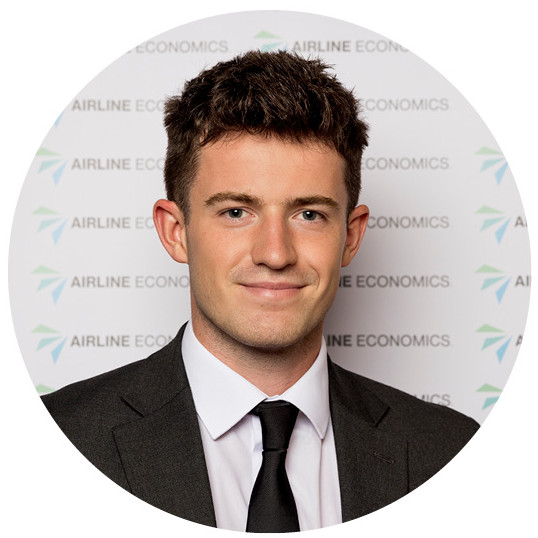The UK Government has committed nearly £1 billion ($1.29 billion) in funding for the aerospace sector in its autumn budget on October 30, 2024. On one hand, the new Labour government has pledged to drive forward research and innovation while on the other has increased air passenger duty (APD) for commercial and private aviation.
In the budget, the UK Chancellor Rachel Reeves put forward the government’s plan for the country’s aviation sector.
The UK government is set to provide £975 million ($1.26 billion) for the aerospace sector over the next five years, with these funds aiming further research and development into the latest aerospace technology.
Reeves also announced an increase APD tax which is set to rise in the UK by “no more” than £2 ($2.60) on short haul economy flights, while increasing by 50% for private jets.
“Air passenger duty has not kept up with inflation in recent years, so we are introducing an adjustment, meaning an increase of no more than £2 ($2.60) for an economy class short haul flight,” said Reeves. "I am taking a different approach when it comes to private jets, increasing air passenger duty rates by 50%, that is the equivalent of £450 ($584) per passenger, per private jet flight.”
For passengers travelling in economy, APD tax currently £7($9.10) for a domestic flight, £13 ($17) for a short-haul flight, and £88-£92 ($114-$119) for a long-haul flight. Those in premium cabins are charged £14 ($18) for a domestic flight, £26 ($34) for a short-haul flight, and £194-£202 ($252-$262) for a long-haul flight.
Private jet passengers currently face an APD rate of £78 ($101) for domestic or short-haul flights, and £581-£607 ($754-$789) for long-haul flights.
Reacting to the budget, Anna Krajinska, UK Director at Transport & Environment, said that the rise in APD was “the right choice” adding that those with the “broadest shoulders and those who fly the most” should cover the highest costs. She said: “That combined with the sharp increase applied to private jet flights, the UK’s aviation taxes will better reflect the huge environmental cost of flying but she’ll need to go further to address its true cost.”
Martin Ferguson, VP of Public Affairs at AMEX Global Business Travel called the APD rise “disappointing” and a “stealth tax on travel." He said: “ Though it appears a modest increase at £2 per economy tickets, this remains a stealth tax on travel until the Treasury ring fences the proceeds to fund sustainable aviation initiatives.”
Despite the investment in the aerospace sector, many experts were disappointed not to see initiatives on sustainable aviation fuel (SAF) in today’s budget.
” The UK has its own Jet Zero targets and strategy. Ignoring SAF in the budget, in the face of its own commitments, is both surprising and disheartening,” added Ferguson. “Government support is needed to scale SAF production and to fund R&D into new fuel types and sources. The demand for SAF is there. But production is projected to account for only 0.53% of aviation’s fuel needs in 2024. That will not change until the government joins with the private sector to drive progress. Time is running out.”
Karen Dee, chief executive of AirportsUK, echoed these sentiments and though welcomed the investment in aerospace funding to support the sector’s transition to zero emission flight, she was also disappointed by the rise in APD.
“It was disappointing, however, that the chancellor increased air passenger duty, especially at a time when airports are investing in new security technologies, sustainable flight and airspace modernisation, as well as facing increasing burdens in other areas,” said Dee. “If the Government is serious about realising its aim for the UK is to become the fastest growing economy in the G7, then it must recognise and champion the role that airports play in growth and international connectivity and minimise the cost and regulatory burdens imposed.”

